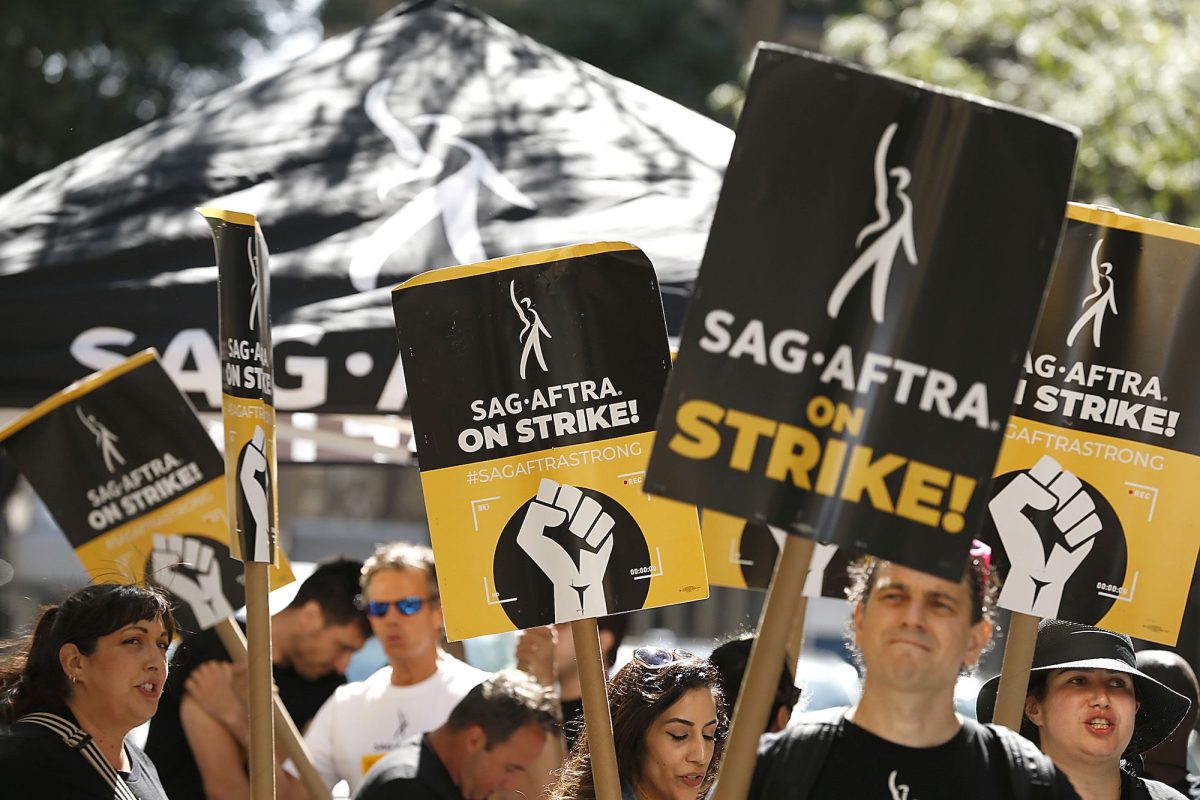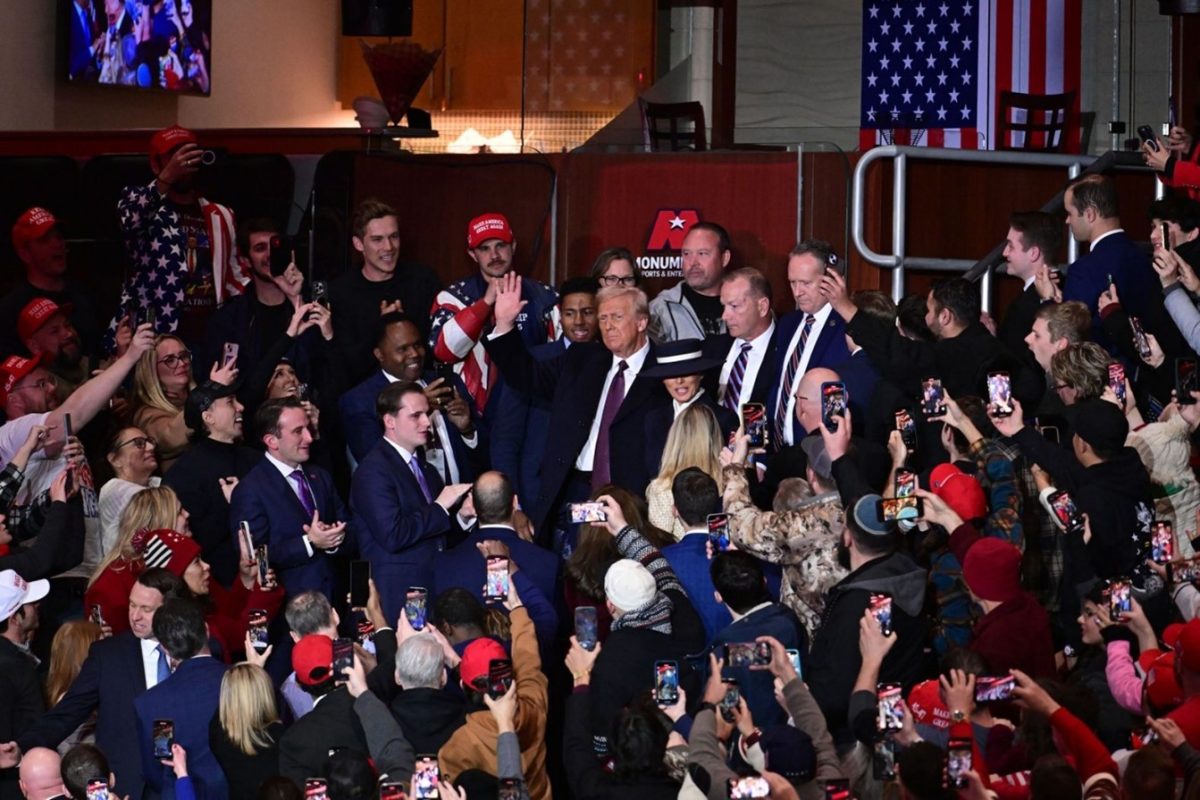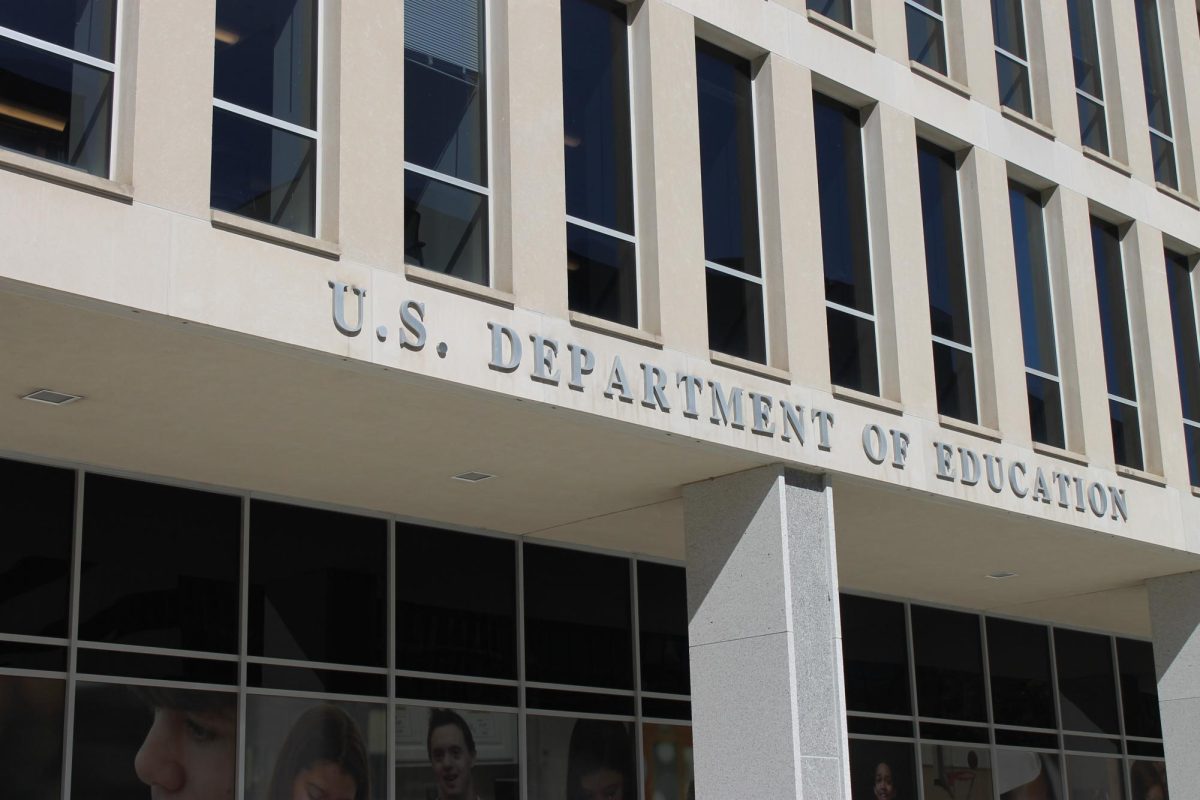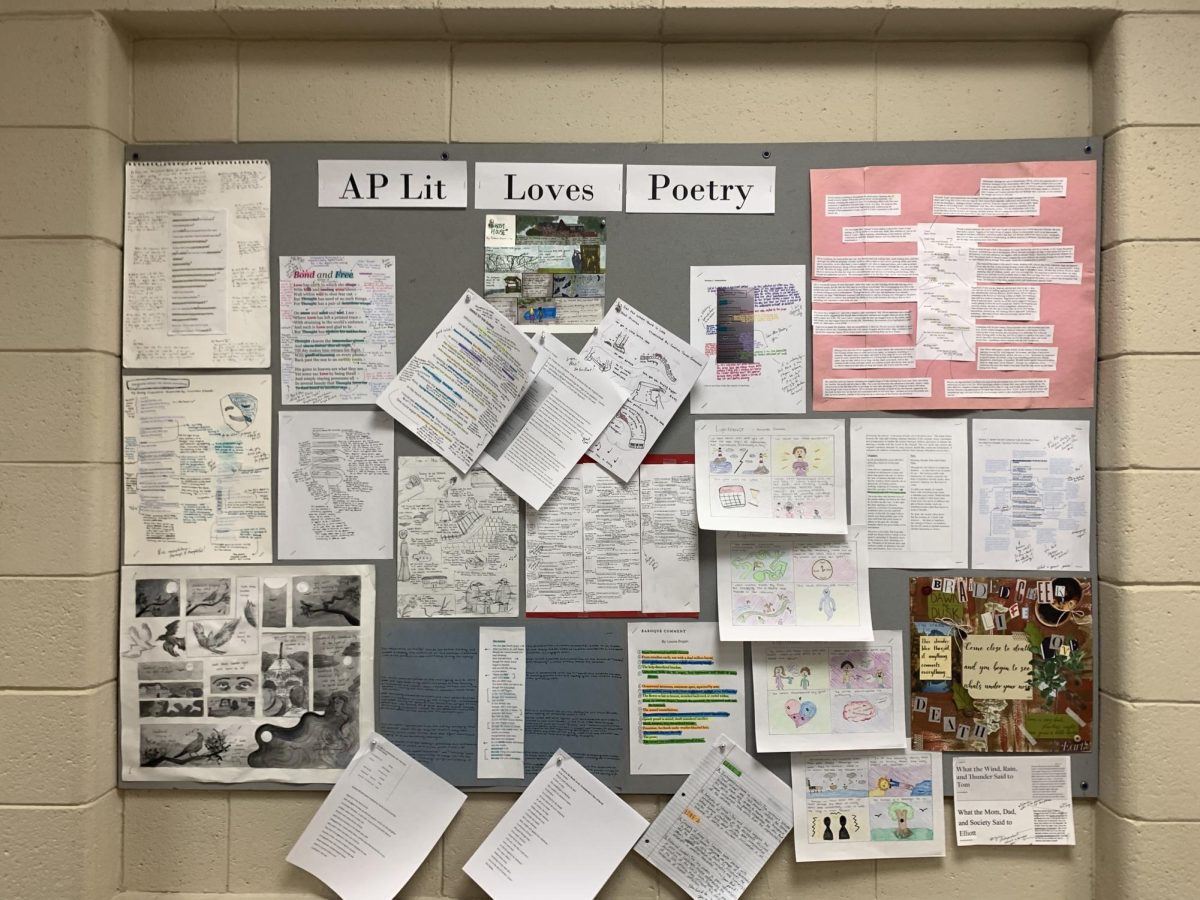Around two weeks ago, the TV/TH Negotiating Committee of SAG-AFTRA issued this statement on their website: “We are thrilled and proud to tell you that today your TV/Theatrical Negotiating Committee voted unanimously to approve a tentative agreement with the AMPTP. As of 12:01AM on November 9, our strike is officially suspended and all picket locations are closed.”
The Screen Actors Guild-American Federation of Television and Radio Artists (SAG-AFTRA), the organization that protects the rights of American actors, went on strike on July 14 and hundreds of actors have protested along the picket lines ever since. Under the strike, there was minimal promotion of any new media and actors refused to take jobs with the companies SAG-AFTRA was striking against.
The strike was a result of concerns over the use of AI technology to replace background actors as well as low wages. Interestingly enough, this was not the only Hollywood strike this year, as the Writers’ Guild Association (WGA) was also on strike calling for similar reforms.
Negotiations continued for 118 days, becoming the longest strike in SAG-AFTRA history. SAG-AFTRA leaders worked to bargain with media companies who negotiated through the Alliance of Motion Picture and Television Producers (AMPTP).
“It was a team effort, and all negotiations — to be successful — require deep communication, both within your own side and also with the other side of the table,” said Duncan Crabtree-Ireland, the chief negotiator and the national executive director of SAG-AFTRA, to the Los Angeles Times.
What does the end of this strike mean for the actors? Well, first of all, they can go back to work and audition for roles. They will also receive more health benefits and increased wages.
The use of AI in Hollywood was not banned. However, an agreement surrounding its use has been made, and rules were established in an attempt to protect the actors’ rights.
The end of the strike means there will be new behind the scenes footage and content made by actors to promote their upcoming movies. It means that movie commentators can resume discussions about newly released media as many had stopped doing so to support the strike.
The end of strike means a step towards a new, better and changed future for Hollywood and American television.










